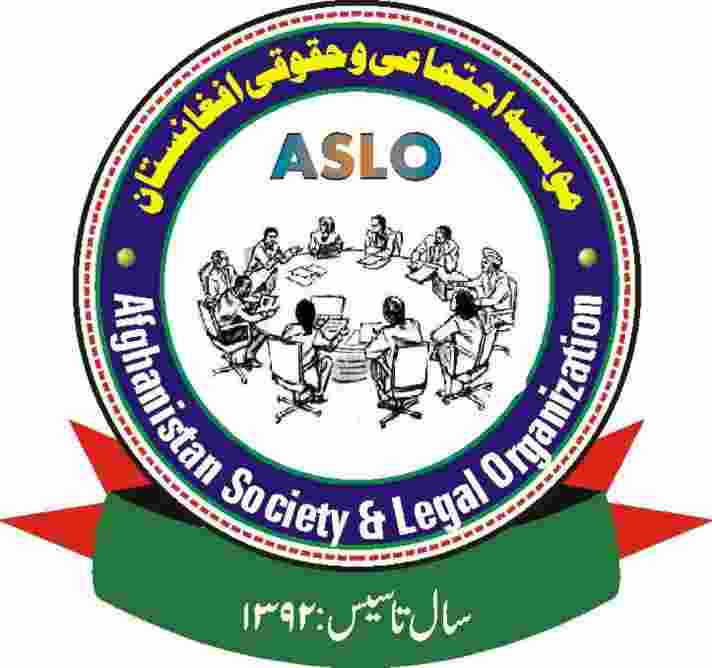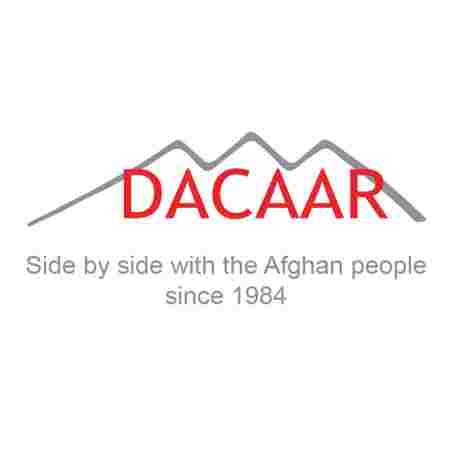Job-Specific Information
Under the direct supervision of the Lead Agriculture Engineer, the Irrigation Engineer/Trainer will oversee the management and optimization of farm-based irrigation systems under the Water Emergency Relief Project (WERP). The incumbent will coordinate with private sector energy companies, local farmers, and other stakeholders to ensure the efficient implementation of irrigation solutions, particularly solar lift irrigation systems. The Irrigation Engineer/Trainer will be responsible for providing technical training to farmers on irrigation management, maintenance, and water conservation practices. Additionally, the role requires conducting regular field assessments to monitor system performance, address operational challenges, and propose improvements. The Irrigation Engineer/Trainer is expected to travel frequently to project sites to ensure the sustainability and effectiveness of irrigation interventions.
2. Key Functions
2.1. Technical Responsibilities
● Conduct field visits to assess irrigation needs, based on soil type, crop requirements, and climatic conditions.
● Plan, and oversee the implementation of farm-based irrigation systems, including solar lift irrigation from rivers.
● Develop and implement irrigation schedules to optimize water usage and crop productivity.
● Provide technical advice on the selection, installation, and maintenance of irrigation equipment.
● Ensure the sustainability of installed irrigation systems by developing strategies for long-term maintenance and management.
2.2. Training and Capacity Building
● Conduct training programs for farmers, water user associations, and private sector stakeholders on irrigation management, system maintenance, and efficient water use.
● Provide on-site demonstrations on irrigation technologies and best practices in water conservation.
● Build the capacity of local communities and irrigation operators to handle minor repairs and routine maintenance.
2.3. Monitoring and Evaluation
● Develop and implement monitoring frameworks to assess irrigation system performance and water efficiency.
● Conduct field visits to evaluate the impact of irrigation systems on agricultural productivity.
● Identify challenges and recommend improvements in irrigation infrastructure and management practices.
2.4. Coordination and Reporting
● Work closely with private sector energy companies to ensure proper installation and operation of solar-powered irrigation systems.
● Collaborate with agricultural and rural development teams to integrate irrigation with overall farm management plans.
● Prepare regular technical reports, assessments, and recommendations on irrigation system performance.
● Contribute to project documentation and lessons learned to improve future irrigation interventions.
3. Qualifications and Experience
a. Education
● Bachelor's degree in Irrigation Engineering, Agricultural Engineering, Water Resources Management, or a related field.
b. Work Experience
● Minimum of 2 years of relevant experience in irrigation system design, installation, and management.
● Experience in farm-based irrigation projects, preferably in conflict-affected or remote areas.
● Demonstrated experience in training and capacity building for farmers and stakeholders.
● Knowledge of solar-powered irrigation technologies and water conservation strategies..
c. Language Requirements:
● Fluency (oral and written) in English is required.
Pashto and Dari languages are desired.
Key competencies
Integrity & Inclusion: Treats all individuals with respect; responds sensitively to differences and encourages others to do the same. Upholds organizational and ethical norms. Maintains high standards of trustworthiness. Role model for diversity and inclusion.
Leading Self & others: Acts as a positive role model contributing to the team spirit. Collaborates and supports the development of others. For people managers only: Acts as positive leadership role model, motivates, directs and inspires others to succeed, utilizing appropriate leadership styles
Partnering: Demonstrates understanding of the impact of one's own role on all partners and always puts the end beneficiary first. Builds and maintains strong external relationships and is a competent partner for others (if relevant to the role).
Result Orientation: Efficiently establishes an appropriate course of action for self and/or others to accomplish a goal. Actions lead to total task accomplishment through concern for quality in all areas. Sees opportunities and takes the initiative to act on them. Understands that responsible use of resources maximizes our impact on our beneficiaries.
Agility: Open to change and flexible in a fast paced environment. Effectively adapts one’ own approach to suit changing circumstances or requirements. Reflects on experiences and modifies own behavior. Performance is consistent, even under pressure. Always pursues continuous improvements.
Solution Focused: Evaluates data and courses of action to reach logical, pragmatic decisions. Takes an unbiased, rational approach with calculated risks. Applies innovation and creativity to problem-solving.
Effective Communication: Expresses ideas or facts in a clear, concise and open manner. Communication indicates a consideration for the feelings and needs of others. Actively listens and proactively shares knowledge. Handles conflict effectively, by overcoming differences of opinion and finding common ground.



